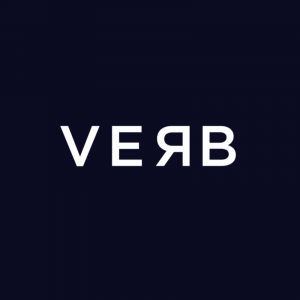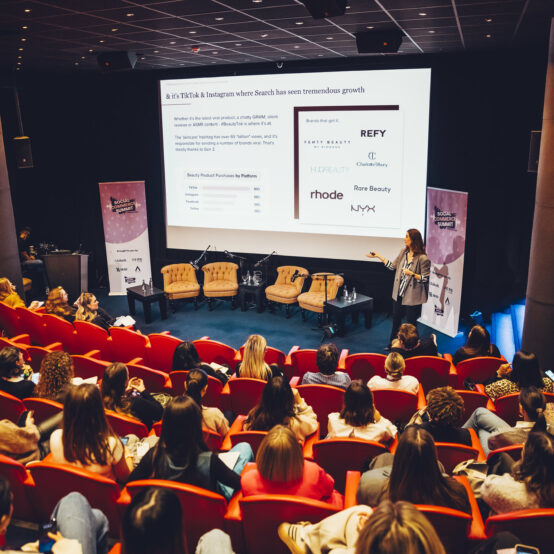Facebook Boycotting: The Debate

When many brands decided to boycott Facebook and Instagram at the start of July by tuning off their ads and halting organic posts for a month, we (virtually) gathered together a group of our experts from across each of our digital teams and debated our thoughts & expert views.
Do we think brands should be boycotting Facebook and do we think the boycott will work in it’s aim to “force [CEO] Mark Zuckerberg to address the effect that Facebook has had on our society”?
Will The Facebook Boycott Work?
Well, spoiler alert, the short answer is no, we don’t think the boycott will work.
Why Won’t The Facebook Boycott Work?
Simply put, like all things in our capitalist societies it comes down to the bottom line. Last year Facebook made over $67 billion in ad revenue.
If we take an average of that, it means in a given month the 8 million advertisers using Facebook owned platforms are spending a combined ~£5.6 billion (of course this is very simple math and doesn’t account for seasonality, which means the likelihood is that typical ad spend in July is probably much lower than this.).
It is estimated that this boycott will result in lost ad revenue of up to $250 million, which whilst that could be anywhere upwards of 4% of revenue lost this month, in the full year it will be around a -0.4% impact. Hardly a figure to lose sleep over.
(Source: https://www.emarketer.com/content/global-digital-ad-spending-2019)
The reason why this boycott will have such a small impact on Facebook’s turnover is because of the huge number of companies that use Facebook to advertise: 8 million~.
This gives Facebook exactly what it needs in this situation; a long-tail of small & medium-sized businesses that will continue to spend, especially during the economic crisis we are facing as part of the Covid-19 pandemic, so long as they’re seeing a direct return. The truth of it is that even if all 100 of Facebook’s highest-spending advertisers joined the boycott, research by Morningstar suggests they would account for just 6% of total revenue.
Now, these revenue figures are all guesswork for the time being, and so the share price is often a better way to assess immediate real-time impact. As the boycott looked to be gaining momentum at the end of June, Facebook did see a sharp 8% drop in share price:
But three days later it was back to where it had started… And that’s because boycotts like this are often short-sighted. Facebook knows it’s in a strong position here because this boycott was given a time limit from the off. As soon as July ends “all these advertisers will be back on the platform soon enough” (words spoken by non-other than CEO Mark Zuckerberg himself).
We’ve also seen it too many times in recent years to know boycotts never last. The fact is this is the 3rd boycott of a social platform to receive such a high level of publicity in almost as many years, following on from the Cambridge Analytica fueled boycott in 2018 and the boycott of YouTube over brand safety concerns in 2017. Each of these boycotts was short-lived and active users on the platforms have continued to increase every quarter since. There lies the truth in terms of why advertiser boycotts don’t work – because companies will always have a need to advertise where their customers are.
Why We Believe The Facebook Boycott Shouldn’t Work
One thing we all agreed on in our discussions is that Facebook, along with all the other social media platforms and internet giants, is an independent company and therefore should be treated as one and not be in control of free speech.
Whilst I certainly don’t condone what Donald Trump said in his post, I do believe we’re at risk of perpetuating homogenous ways of thinking if we insist on isolating ourselves in social media bubbles of only those we agree with.
This is not a true reflection of what it’s like to live in the real world and in fact, Facebook came under fire for this in 2016 after the outcome of the British EU referendum and US presidential election (beyond the ads that ran, many people cited being shocked because “no one on my Facebook voted that way”).
Now saying this does not mean that I don’t think Facebook should remove deliberately hateful or harmful content. But if the stats from Facebook are to be believed, they’re already doing a good job of this with 90% of hate speech being removed before anyone reports it – equating to action being taken against 9.6 million pieces of content in the first quarter of 2020.
An alternative could be to introduce regulation, in the same way traditional media outlets are (self) regulated, but a concern we have on this is the likelihood that it would stifle innovation.
The Facebook Group – and remember a lot of time when we all talk about ‘Facebook’, we are talking about the Group now, not just the singular platform – is owned by the 7th richest person on the planet. They have the funds to hire teams of experts to handle any regulatory issues, whilst smaller companies would be the ones to feel the real impact.
We’ve seen as this boycott has progressed that Facebook have announced some policy changes, and yet the cynics in us feel that if they really wanted to address this problem, they have the resources to make it a priority without companies being pressured or shamed into boycotting them first.
There is a concern that forcing this issue through an advertiser boycott could allow social media platforms (because it’s not just Facebook that deals with these issues) to make a few concessions that can later act as a smokescreen any time the debate of future questions are raised.
What Should Brands Do Instead?
Well, first of all, it depends how much of a problem they view this to be. The latest stats suggest just 0.01% of Facebook’s 8 million advertisers have taken part in this boycott, so brands can, and seemingly the majority are, just carry on as normal and expect to see little impact from this (we’ve seen one negative comment on one of our client’s posts so far).
This isn’t to say, however, that Facebook will always be the king of social and advertisers can sit tight and continue to ride the wave. All good marketing strategies need to have a budget set aside for testing & learning, and that’s what we recommend brands continue to do as this boycott fades. Consumers will eventually move away from Facebook and onto something new, but this will be a gradual transition and so it’s the job of agency & in-house teams alike to keep identifying where they can have the most impact on their consumer’s purchasing behaviour.
For example, Tik Tok is currently showing strong signs of being a real competitor to Facebook (& other social media channels), as it makes the transcend from a purely Gen Z audience into older demographics as well, fueled by a record-setting 315 million downloads in Q1 2020 as the world went into lockdown. Anyone who has been quick to test TikTok over the last few years will be starting to see a strong return as their user base swells.
That being said, brands targeting the US should keep an eye on governmental developments as they look into potentially banning the app amid national security concerns and/or foreign investment regulation, following on from India’s ban of TikTok and other Chinese apps at the end of June.
As always, brands need to ensure they have a strong sense of their own brand values, who their customers are and what motivates them. By being clinically aware of these factors and always referencing them when making marketing decisions, then it will always be easy to make the right call for your business.









